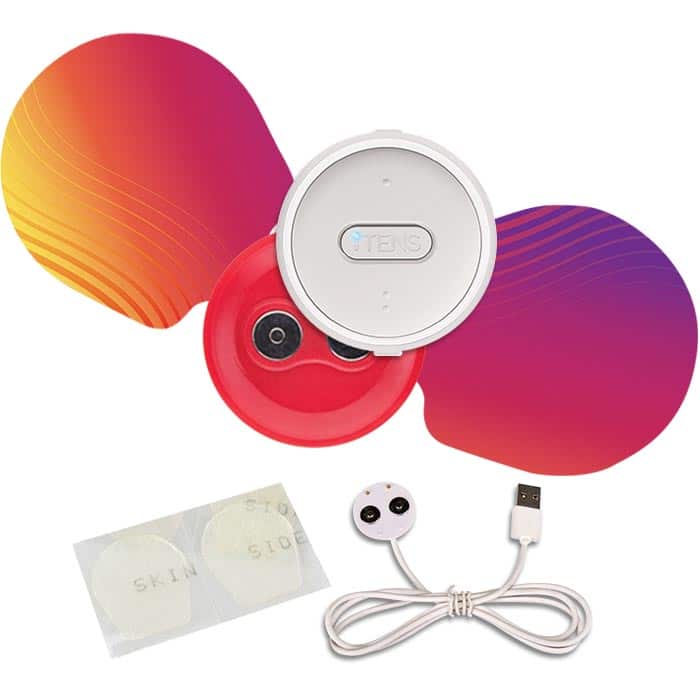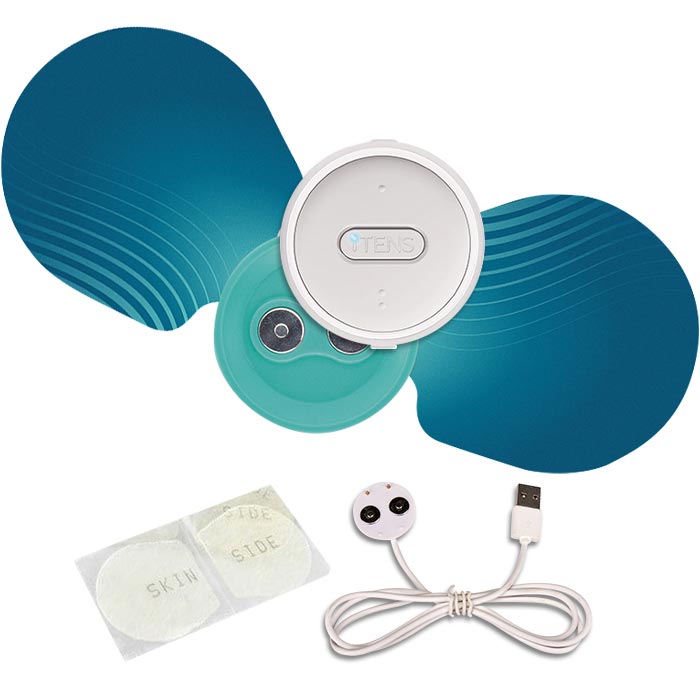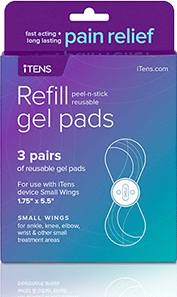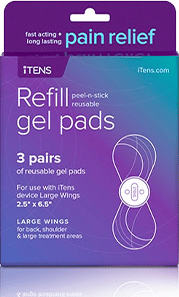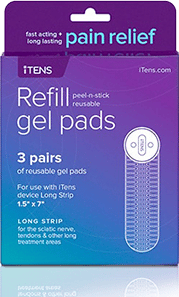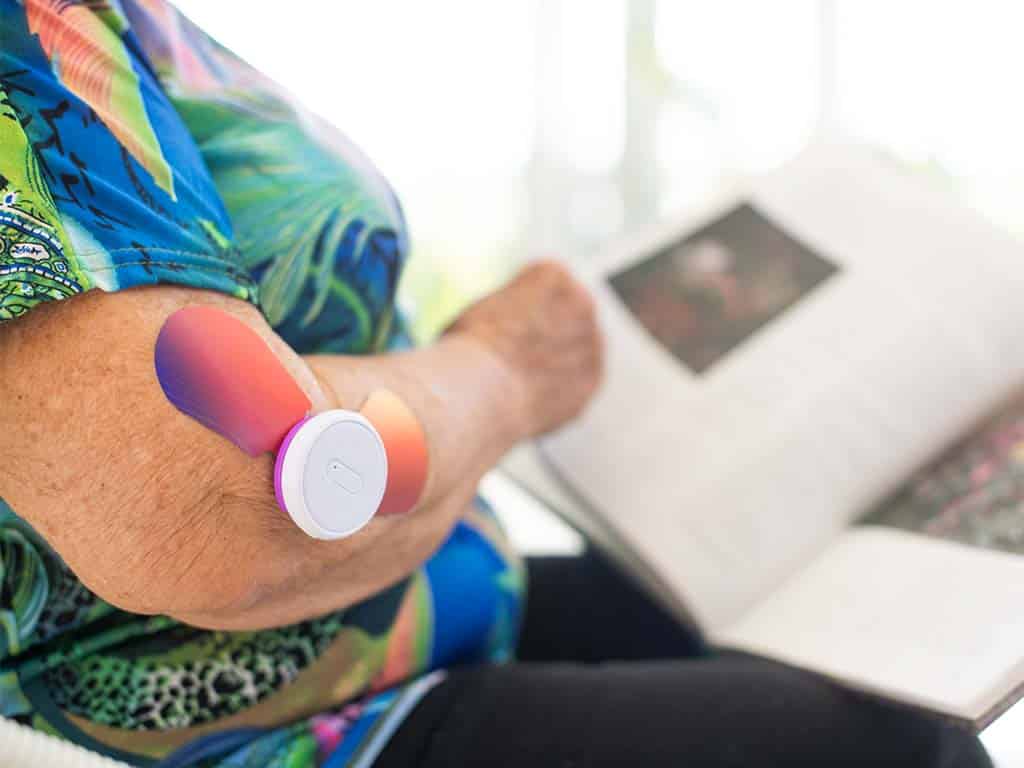
TENS physiotherapy machine prices can vary from $50 to $300, depending on various factors. Device type and features play a pivotal role. Wired TENS devices are simple, while wireless ones offer freedom of movement and smartphone control. Combo TENS and EMS units merge pain relief with muscle stimulation. Additionally, modes like continuous, burst, and modulation, along with intensity levels, affect prices. Moreover, durability and ease of use, reliant on quality materials and user-friendly interfaces, also impact the price tag.
Transcutaneous Electrical Nerve Stimulation (TENS) is a non-invasive and drug-free pain relief method. It uses a small, battery-operated device to deliver low-voltage electrical currents to the skin via electrodes. Selecting a suitable TENS device can be overwhelming due to the wide range of choices available. However, having knowledge of what to consider can expedite and simplify the selection process. This article will present the factors influencing the price of TENS physiotherapy machines.
TENS Physiotherapy Machine Price: Device Type and Features
TENS physiotherapy machine prices can vary depending on the device type and features it offers. The first type of TENS machine is the traditional wired TENS. This device consists of a control unit connected to the body using adhesive electrodes and wires. Its capability to effectively target specific areas of pain while maintaining a simple approach has earned this product its reputation.
The second type of TENS machine is the wireless TENS. It employs Bluetooth connectivity, allowing users to control it through a smartphone app. Additionally, this advanced device eliminates the hassle of lead cables, allowing users to move around freely without any restrictions. It also uses rechargeable batteries, eliminating the need for frequent battery replacements.
Lastly, the combo TENS and EMS unit. This device combines the benefits of TENS and EMS (Electrical Muscle Stimulation) in one compact machine. Its design intends to alleviate pain while also strengthening and rehabilitating muscles. Additionally, users have the ability to target different muscle groups and pain areas simultaneously using multiple channels and electrode placements.
Advantages of a Wireless Device
- Users have the freedom to move around while receiving the therapy. This mobility is especially beneficial for patients who require physiotherapy for knee pain, muscle re-education, or joint pain.
- Wireless devices can be used for various types of pain management. They can effectively alleviate muscle sprains, hip pain, leg pain, shoulder pain, and more.
- Wireless units are user-friendly, with easy-to-use controls and clear instructions.
- The compact design of wireless TENS machines enables users to carry them easily wherever they go.
- People can use the machine discreetly without drawing attention. This is particularly beneficial for those who wish to maintain privacy while undergoing pain management therapy.
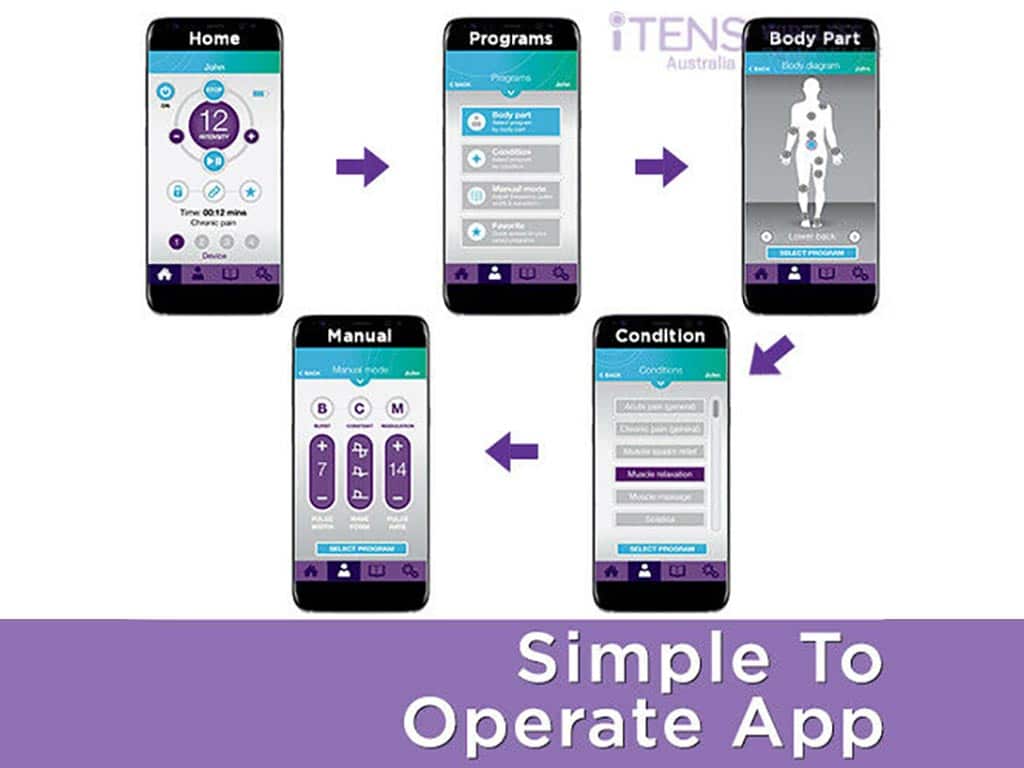
TENS Physiotherapy Machine Price: Modes and Levels of Intensity
The modes and levels of intensity are other factors that influence the TENS physiotherapy machine prices. This machine typically offers various modes, including continuous, burst, and modulation. The continuous mode provides a constant stream of electrical impulses. Burst mode delivers a series of rapid pulses followed by a brief pause. Modulation mode varies the intensity and frequency of the electrical impulses.
Intensity level refers to the strength or power of the electrical pulses. In addition, there are two frequency levels that people commonly use to suit their pain management needs. Firstly, low frequencies (2–5 Hz) stimulate the production of endorphins, the body’s natural painkillers, making them suitable for acute pain relief.
Secondly, high-frequency electrical impulses (90–130 Hz) stimulate the nerves to block the transmission of pain signals to the brain. This level is more appropriate for chronic pain. Overall, the number of modes and levels of intensity available in a TENS machine can influence its price. More advanced technology and features tend to come at a higher cost.
Benefits of Programmable Modes
Programmable modes in a TENS physiotherapy machine offer numerous benefits for individuals seeking pain relief. For instance, the programmable modes allow users to target specific areas of pain or discomfort. With the ability to choose and adjust the intensity, frequency, and duration of the electrical pulses, individuals can directly address their pain symptoms.
Another benefit is their adaptability. Different types of pain require different stimulation patterns. Users can easily adjust the settings based on their unique needs. This adaptability ensures that TENS therapy remains suitable and beneficial for various pain scenarios, promoting a more comfortable and fulfilling experience.
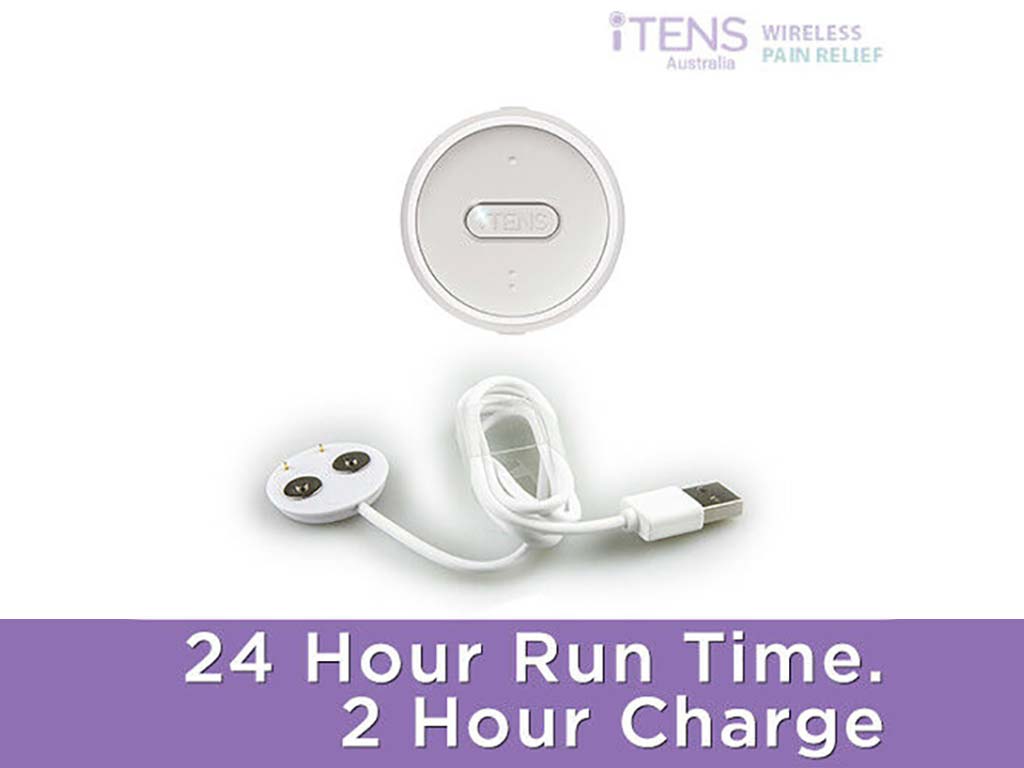
TENS Physiotherapy Machine Price: Durability and Ease of Use
Durability and ease of use can also influence the TENS physiotherapy machine price. The durability is important as it directly affects its lifespan and overall performance. This reliability and longevity add value to the machine, making it a more attractive option for customers. Therefore, TENS machines that are constructed with high-quality materials and components tend to have a higher price tag.
The ease of use of a TENS machine also contributes to its price. A machine that is user-friendly and intuitive allows individuals to easily operate and perceive the functions. This reduces the need for extensive training or technical support, making it more convenient for both healthcare professionals and patients.
Additionally, an easy-to-use machine may have features like pre-programmed settings or clear instructions. This enables individuals to effectively use the device at home for pain relief or therapy. As a result, TENS machines with user-friendly interfaces and simplified controls are often priced higher due to the added convenience they offer.
Battery Life
Some factors affect the battery life of TENS machines. For instance, the intensity and duration of use. Higher intensity levels and longer therapy sessions can drain the battery more quickly. Additionally, the type of battery used in the machine can also impact its battery life.
TENS devices that run on rechargeable batteries tend to have longer battery life compared to those that rely on disposable batteries. Although rechargeable TENS machines may have a higher price point, they can be more cost-effective in the long run. This is because rechargeable batteries can be reused multiple times, eliminating the need for regular battery replacements.
Conclusion
TENS physiotherapy machine prices are determined by their types, features, durability, ease of use, modes, and intensity levels. Traditional wired TENS machines offer simplicity, while wireless options provide freedom of movement through smartphone control and rechargeable batteries. Combo TENS and EMS units cater to pain relief and muscle rehabilitation simultaneously. Additionally, the variety of modes alongside intensity levels impact the pricing. More advanced technology and multiple features contribute to higher costs.
Furthermore, machines made with high-quality materials and components offer reliability and longevity, adding value and attracting customers. User-friendly interfaces and clear instructions enhance ease of use, reducing the need for extensive training and technical support. Additionally, the choice between disposable and rechargeable batteries affects battery life, with rechargeable options proving more cost-effective in the long term. Considering these factors, individuals and healthcare professionals can make informed decisions. They can balance price with quality and convenience when choosing a TENS machine.



